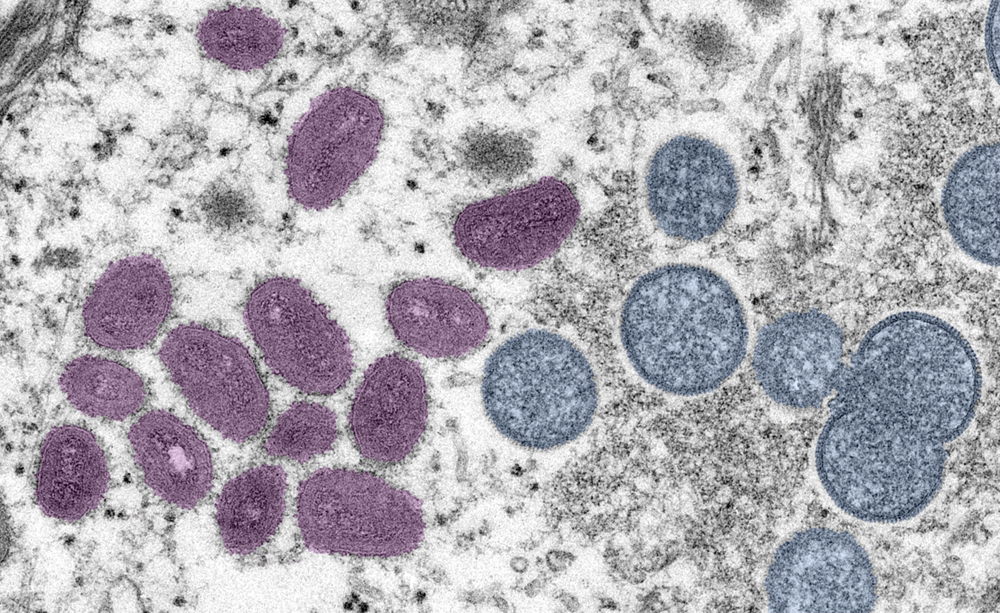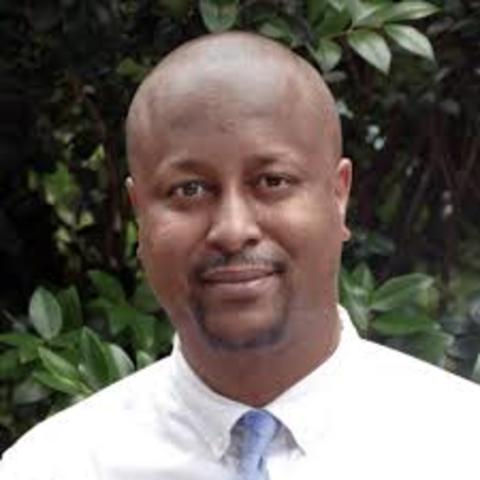
Section Branding
Header Content
Georgians scramble for monkeypox-fighting vaccine as supply lags spike in cases
Primary Content

Georgia health experts are on high alert as the number of people infected with monkeypox surges following a slow rollout of vaccinations for a virus that’s just been declared a global public health emergency.
The World Health Organization issued the emergency declaration late last week in response to the more than 16,000 cases and five deaths reported by more than 70 countries. However, U.S. health officials have not made the same designation as they continue to assess a nationwide outbreak that’s resulted in nearly 2,900 cases over the last couple of months.
The number of confirmed cases in Georgia has more than doubled since July 15, with 213 confirmed cases as of Monday, with the majority of infections transmitted by skin-to-skin contact by men who had sex with other men.
Georgia has received nearly 6,000 vaccine doses so far, according to the U.S. Department of Health and Human Services. That’s enough for about 3,000 people to receive the two-dose regimen. Georgia’s vaccine doses were distributed primarily in Clayton, Cobb, DeKalb, Fulton and Gwinnett counties since each of the state’s reported cases was in metro Atlanta.
It just took four minutes for the Fulton County Board of Health to fill up 300 vaccine registration slots at a recent event. Joshua O’Neal, director of sexual health promotion at the Fulton County Board of Health, said the department will continue to inform people when more vaccines are available at pop-up events and on site at county public health centers.
A lot of people are frustrated and angry about the lack of access to the viral treatment. O’Neal said there is a need to avoid fear-based messaging that it’s a gay disease, much like happened with HIV.
Outreach is also critical to those most at risk of contracting monkeypox and in Fulton more than 60% of those are Black men, and overall, more than 50% are HIV positive, O’Neil said during a virtual town hall Thursday hosted by the Fulton health department, Georgia Equality, Atlanta Pride and Positive Impact Health Centers.
“We want to recognize that that’s where our efforts are going in order to ensure that we’re keeping this contained, though,” he said. “It’s only a matter of time before this also impacts other communities and so this is our opportunity to try to get in front of it as much as possible.”
According to the state Department of Public Health, Georgia’s allocation of monkeypox vaccine from the federal government will increase as the vaccine’s production ramps up. Vaccines are now prioritized for high-risk individuals due to the high demand.
Earlier this month, the U.S. Department of Health and Human Services announced the federal government will have provided more than 6.9 million doses by mid-year 2023.
According to the Atlanta-based Centers for Disease Control and Prevention, monkeypox can be prevented by the smallpox vaccine at least 85% of the time and can also be treated in its early stages.
While most victims may suffer from back pain, fever, chills and fatigue, some people also have lesions and pus-filled rashes or other illnesses.
The virus is considered less dangerous than smallpox, rarely resulting in people needing to be hospitalized and typically requires people to quarantine for up to several weeks.
According to Dr. Melanie Thompson, an Atlanta internist, monkeypox can be more severe in children, pregnant women, and people with immune suppression. In addition to skin-to-skin contact, monkeypox can also contaminate bedding, clothing, towels and utensils.
Viruses can be killed with bleach or disinfectant wipes and people are advised to wash their hands frequently, use alcohol-based hand sanitizers, and avoid touching people with rashes or scabs.
“If we’re asking people to isolate for three or four weeks, we have to provide government subsidies to allow people to stay home and not go to work and ensure that people don’t lose their jobs,” Thompson said.
Although there currently isn’t a large vaccine supply available in Georgia, monkeypox is not considered to pose the same threat as the coronavirus pandemic, according to David Folkes, community outreach manager with THRIVE Support Services, a nonprofit dedicated to HIV advocacy, stigma reduction, and prevention.
“It doesn’t raise the same level of alarm as COVID-19 because there are treatments which are readily available to tackle monkeypox,” he said.
Other states with the highest number of monkeypox cases include New York with 900, California with 356, Florida with 247 and Illinois with 238, according to the CDC’s database.
Last fall, state public health officials monitored more than 40 people in Georgia for potential exposure after a man contracted the virus while on a flight to Nigeria with a connecting flight through Atlanta.
This story comes to GPB through a reporting partnership with Georgia Recorder.
Secondary Content
Bottom Content

